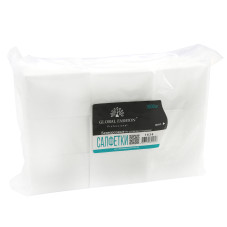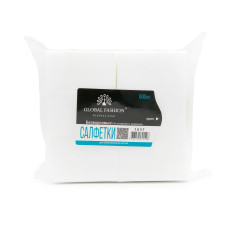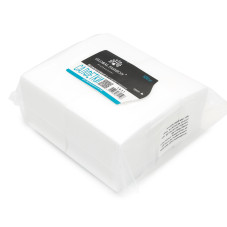Disposable materials 22 products
Filters
Color
Density
Effect
Disposable materials are a key part of many industries and significantly contribute to the convenience of everyday life. Among these industries is the beauty industry, where disposable materials such as nail files, cotton balls, and single-use gloves are an essential component of manicure and nail extension services.
One of the biggest advantages of disposable materials is their ability to maintain hygiene and prevent the spread of germs and infections. Since they are designed to be used only once and disposed of immediately, disposable materials eliminate the risk of cross-contamination between clients. This is especially important in the beauty industry where sanitation and hygiene are critical to ensure the safety of both clients and technicians.
Another advantage of disposable materials for manicure and nail extension services is that they eliminate the need for extensive cleanup and disinfection after each service. With disposable materials, there is no need to worry about sanitizing equipment and tools after each use, which saves time and resources for nail technicians.
Disposable materials also offer convenience and accessibility to clients. Many people prefer nail salons and nail extension services that use disposable materials because they are assured of the quality and hygiene of the products used on them.
One potential drawback of disposable materials is their impact on the environment. Since they are designed to be used only once, they contribute to the growing problem of solid waste and pollution. However, many manufacturers are now producing eco-friendly versions of disposable materials that are biodegradable or made from recycled materials to minimize their environmental impact.
In conclusion, disposable materials are an essential component of the beauty industry, particularly in the manicure and nail extension services. They offer a hygienic, convenient, and accessible solution for both clients and technicians. While they do pose environmental concerns, the development of eco-friendly versions of disposable materials provides a sustainable alternative. Overall, the use of disposable materials in the beauty industry offers many benefits and has become an integral part of the industry's operation.








































































